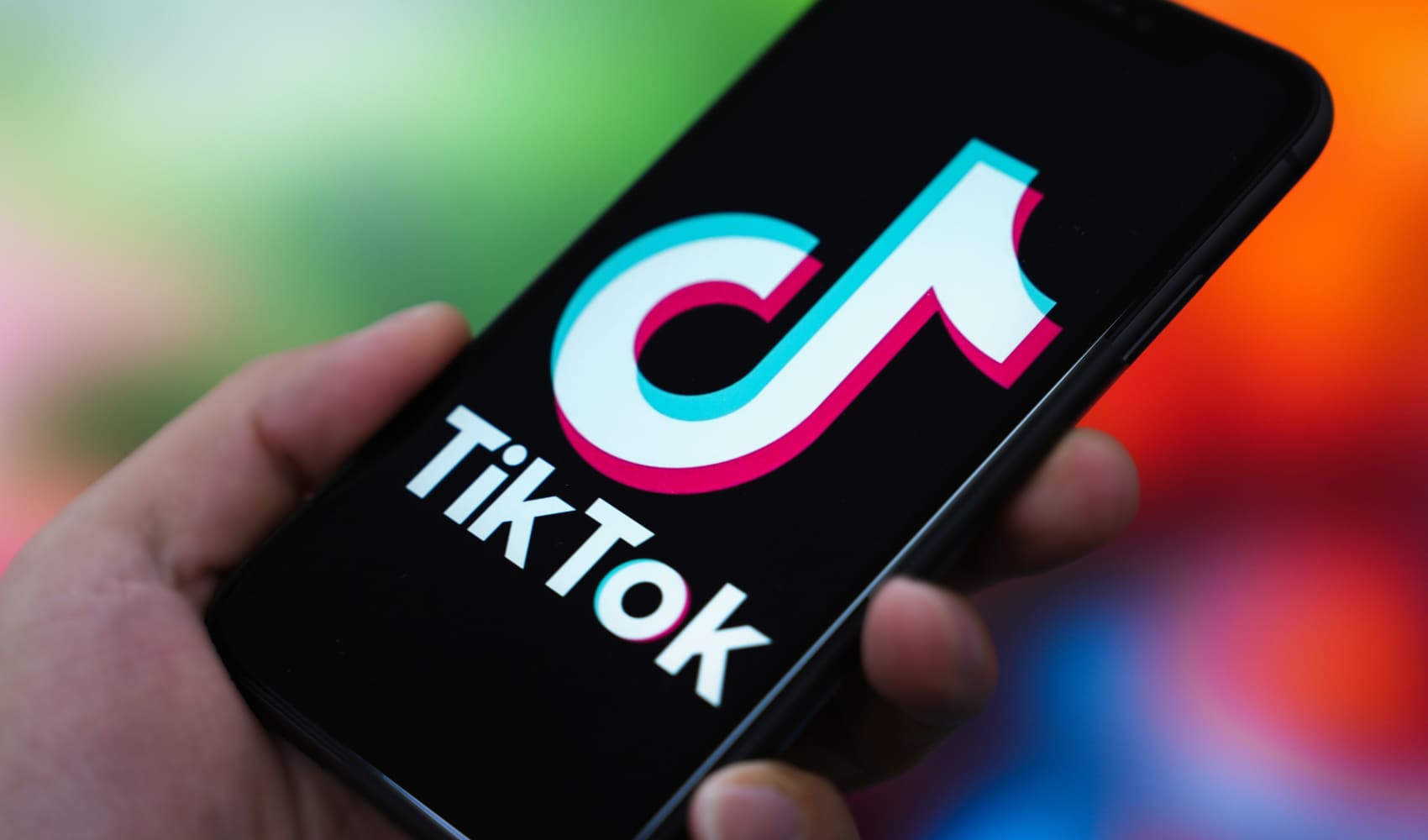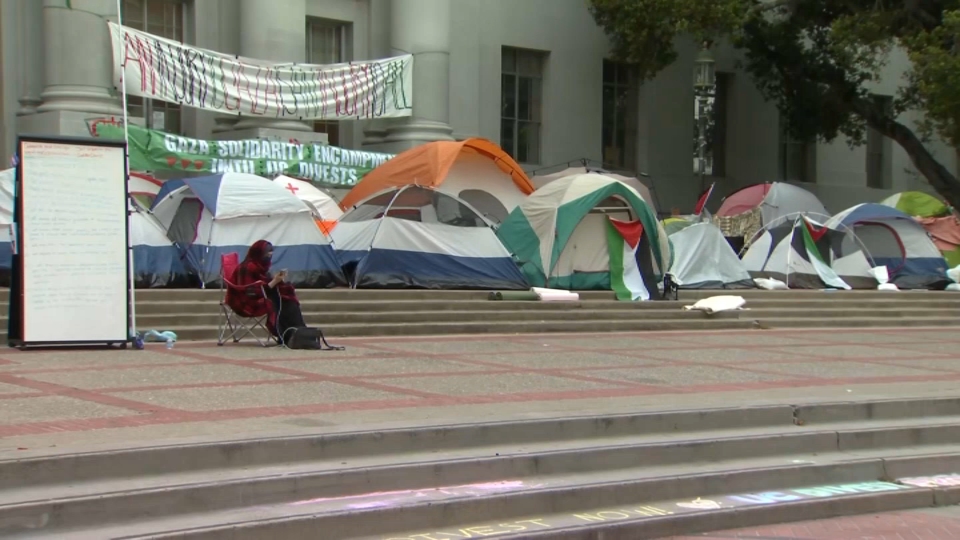Pacific Gas and Electric Co. has agreed to pay $86.5 million over 164 allegedly improper backdoor communications it had with state regulators over a five year period that critics seized on as proof of an overly cozy relationship.
Under the deal, PG&E ratepayers get $73.5 million in bill credits and other offsets between now and 2019.
The settlement – which has to be approved by the commission -- is the final chapter in the email scandal that broke back in 2014.
That was when San Bruno won the right to obtain emails between Public Utilities Commission officials and PG&E related to the 2010 gas pipeline disaster that left eight dead. Some of the 7,000 pages of emails revealed questionable communications. Under pressure, PG&E soon agreed to release 65,000 emails sent between 2010 and 2014.
In them, commission critics found proof of an overly cozy relationship between PG&E top officials and regulators both before and after the gas explosion.
“‘This is the final chapter for San Bruno – we’re pleased that PG&E has accepted responsibility for its past misconduct and backdoor dealings” with the commission, said Britt Strottman, attorney for the city of San Bruno. “This hopefully means that this won’t happen again.”
The city of San Bruno was joined in the case by city of San Carlos, whose officials were angered at PG&E’s secret lobbying to maintain the pressure on a problem gas pipeline in 2013. Both cities will get $6 million in the settlement.
Local
The deal does not cover a key revelation of the scandal: the backdoor effort waged by a now ousted top PG&E executive to secure the utility’s regulator judge of choice to rule on a key rate case arising out of the San Bruno disaster. PG&E has already paid more than $1 million in fines in that case.
The scandal led to a management shakeup at PG&E. While a few commission staffers were given warning letters, only one left in the fallout of the scandal.
State and local officials pressed the state attorney general’s office to intervene. In early 2015, agents searched the home of former Commission President Michael Peevey, who had already left the commission amid the scandal.
Investigators uncovered notes of a secret deal that Peevey allegedly reached in Warsaw, Poland with Southern California Edison over the closure of the San Onofre nuclear power plant in Southern California. The investigation into that matter has yet to result in charges.
As part of the deal reached with PG&E, the utility admitted that a dozen emails clearly violated commission rules. It also agreed that some – but not all – of another 152 other mails were improper. All involve communications between utility officials and members of the commission and their staff, many involving regulatory cases where parties were forbidden from contacting state officials.
Under the settlement, PG&E will face stringent reporting of its communications with regulators along with the “substantial financial remedy” divided among the various parties.
PG&E spokesman Greg Snapper provided the following statement Tuesday:
"PG&E is committed to interacting with our regulators in a completely transparent and ethical manner. For more than a year we’ve been working cooperatively and constructively with the other parties in this proceeding and we’re pleased to say we’ve come to a settlement agreement that was filed today. We have implemented enhanced procedures and protocols that will continue to foster compliance with the requirements of this agreement and the new ex parte communications regulations as they are implemented by the CPUC."



